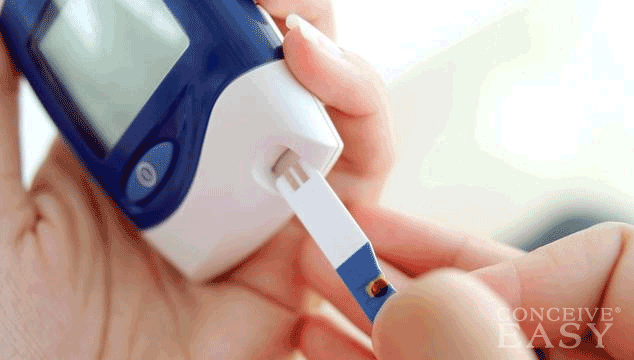
The Glucose Tolerance Test (GTT) is also known as the gestational diabetes test. A GTT is a very common test that many pregnant women have to undergo to determine whether or not they are suffering from gestational diabetes. Claim Your 20 Free Pregnancy Tests – Click Here
The Glucose Tolerance Test is actually the second test in a set of gestational diabetes tests. The Glucose Challenge Screening is the first test. If a woman tests positive in this first test, the doctor will recommend that she move on to the Glucose Tolerance Test. The GTT will be able to tell if the pregnant woman’s body is processing glucose correctly.

The GTT is pretty straightforward, as far as tests go. Before the Glucose Tolerance Test, a doctor might request that you eat at least 150 mg of carbs each day for about three days before the test. You will have to fast for up to fourteen hours before the test. Once you arrive at your doctor’s office, you will have to get your blood drawn, so that your doctor can determine your “fasting blood glucose level”.
Then, you will be given a larger volume of the same sugary drink that was used in the Glucose Challenge Screening (it tastes like flat orange soda to us!), and then the wait begins. Your blood will be drawn every hour for three hours afterwards, and the samples will be tested to determine your blood glucose levels.

The results of the test will determine how your body is processing glucose. The following glucose levels are considered abnormal for the GTT: A fasting level of 95mg or higher, a one hour interval level of 180 mg or higher, a two hour interval level of 155 mg or higher, and a three hour interval level of 140 mg or higher. If your glucose levels are considered “abnormal,” your doctor might suggest that you change your diet, and then get tested again later in your pregnancy.

If two or more of your interval levels are considered “abnormal,” you will be diagnosed with Gestational Diabetes. However, don’t be afraid, Gestational Diabetes is not as big of a deal as it once was, and can be managed just fine for most women during pregnancy. Most women only have to make dietary changes to manage their diabetes during pregnancy.










Comments